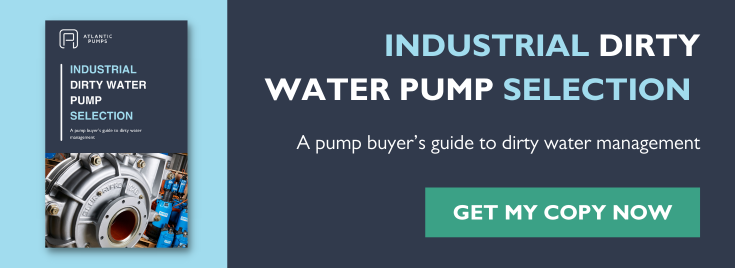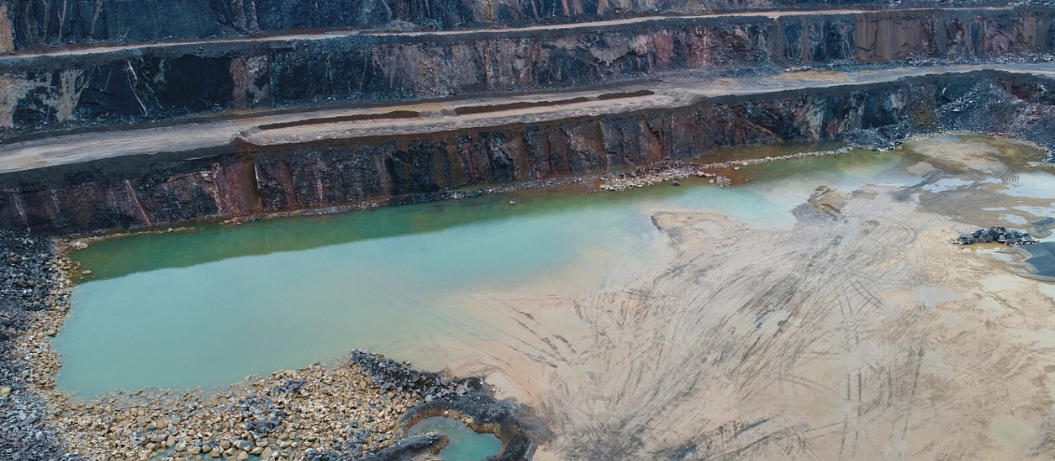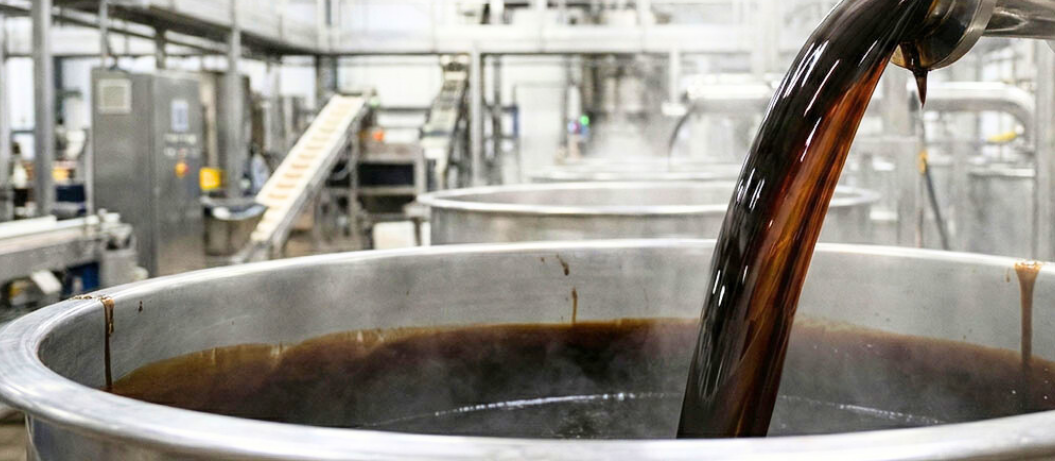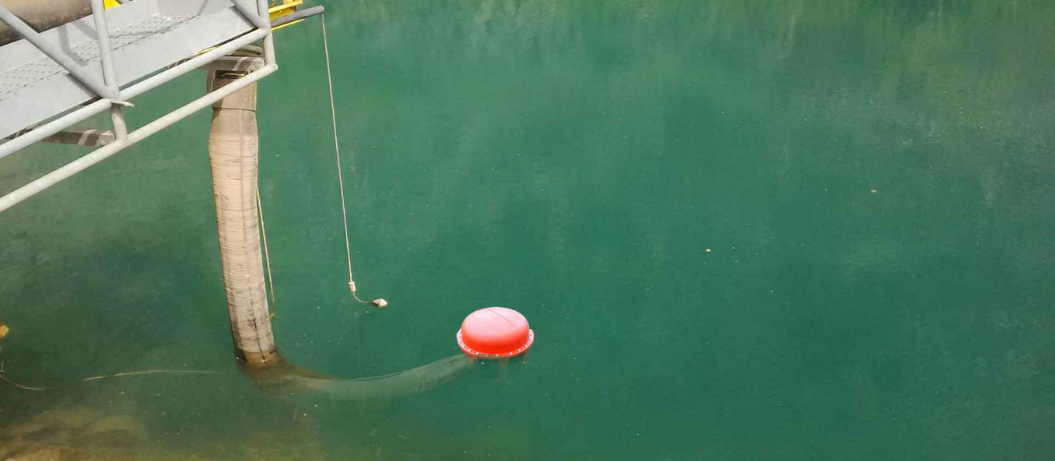Dirty water pumps are the workhorses of wastewater treatment dealing with millions of litres of water day in and day out. Selecting the right pump for the job is essential. However, despite being incredibly robust they aren’t immune to issues, especially given the challenging debris like wipes, plastics, and grit they regularly encounter.
Here’s a look at the top 12 common dirty water pump problems and how you can keep them running efficiently.
1. Lack of power – Aside from an obvious power cut, this could be caused by the pump tripping out or a burnt-out motor.
2. Blockages – Given the nature of
wastewater which is often filled with materials like rags, wipes or plastic it’s unsurprising they clog on occasion. Unblocking them requires pump shutdown, inspection of the inlet and outlet pipes and manual removal of debris from the impeller or housing.
3. Low flow or no flow – In addition to being caused by blockages this can also be the result of a worn impeller, leakage from the pipeline or pump, or not enough power to match the head differential.
4. Cavitation or a noisy pump – This results from air bubbles forming and collapsing due to pressure changes in the pump, which can damage internal components. Fix this by ensuring that the dirty water supply is sufficient (technically known as net positive suction head available – NPSHa). For instance, lower a submersible deeper into the supply, or add a float switch to prevent the level getting too low.
5. Impeller wear – There are some brilliant pumps for dirty water on the market but no matter how good they are, abrasive particles like sand can wear down impellers over time. They require regular inspection and replacement or preferably the use of more durable materials to improve long-term efficiency.
6. Leakage/seal failure – One of the most common leakage points on pumps is situated where the shaft enters the pump casing; which is caused by a failed seal. To fix it, check shaft alignment and replace the seal. Other points of leakage could be due to a crack in the casing or faulty assembly.
7. Viscosity struggles – Thicker sludge can overwhelm pumps not designed for high viscosity. This is why it’s vital you pick pumps built to handle the movement of water with high levels of suspended solids.
8. Pump vibrating – This can be caused by misalignment or imbalance of the pump which can lead to increased wear and tear. Regularly check alignment and use flexible couplings to reduce vibration and damage.
9. Bearing failure – This is responsible for 50% of all pump breakdowns. Common causes are seal failure, inadequate lubrication and misalignment or shaft vibration.
10. Air locks – Air trapped in the pump can stop it from functioning properly. Fix it by ensuring the pump is fully primed and installing air-release valves.
11. Motor Overload If your pump’s motor is under constant strain, it could be undersized. A correctly sized pump and the addition of a variable speed drive (VSD) can reduce the load.
12. Corrosion Chemical-laden wastewater can corrode your pump’s components. Stainless steel parts and protective coatings can help combat this issue.
Simple Ways To Keep Your Pumps Running Smoothly
Dirty water pumps require regular maintenance to minimise the chances of breakdown. Whilst you can’t eliminate the risk entirely try these things to cut downtime and increase pump longevity:
- Bump testing – once the pump has been checked inside for blockages, the pump motor can be tested with a quick on/off to see if it spins.
- Monitor pipework – If the pump has recently been installed, or repositioned then check the pipework hasn’t increased its friction (length of pipe/number of bends increased) as this can increase load on the pump.
- Do not run pumps dry – Most pumps rely on water flow to keep them cool. Dry running dirty water pumps can very quickly cause heat distortion leading to wear, seizing and irreversible damage to rotating parts.
Choosing the right pump for your dirty water system can make all the difference. Regular maintenance, the right materials and proper sizing will keep your operations smooth and efficient, saving time and money in the long run. To help you make the correct decision, we, at Atlantic Pumps, have created a guide to Dirty Water Pumps. Click here to download it.
With large capital purchases and process critical pump applications, its always best to get application specific advice from a pump specialist. Atlantic Pumps have many different pump technologies and proven solutions in handling challenging waste fluids and dirty water. Speak to an expert now on 0800 118 2500.
We also take a sustainable approach to our work and are committed to reducing energy waste from pumps. Our expert knowledge allows us to reduce energy usage by 20% on the average site!
Call us today on 0808 196 5108 for more information.

 October 28 2024
October 28 2024 3 min read
3 min read


